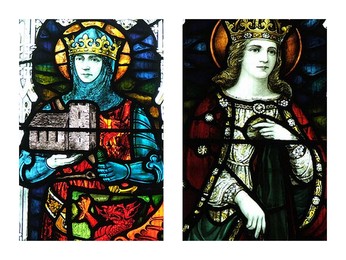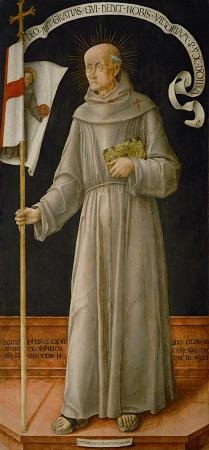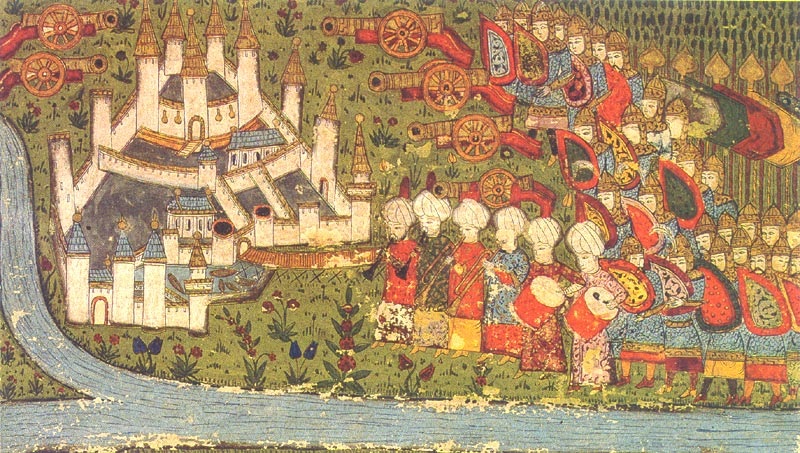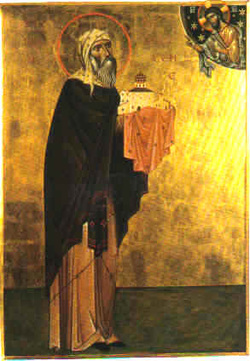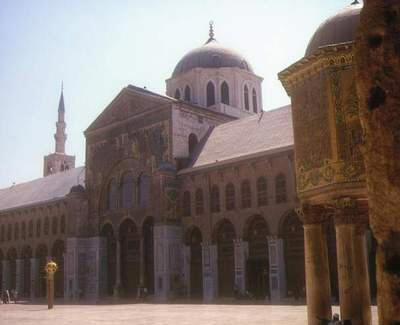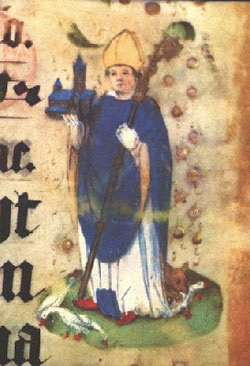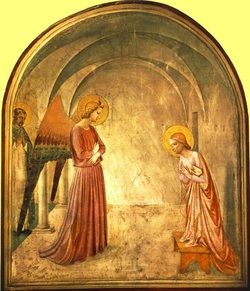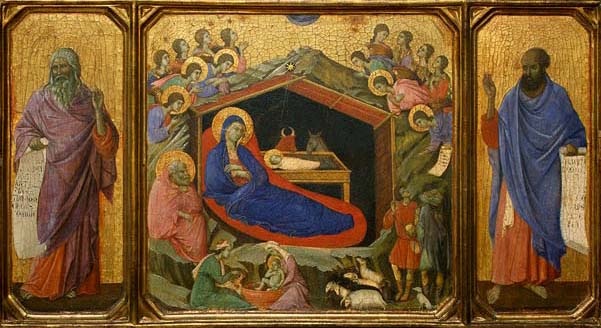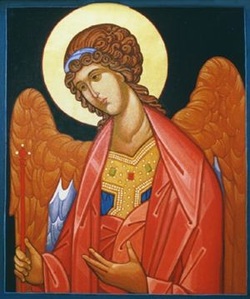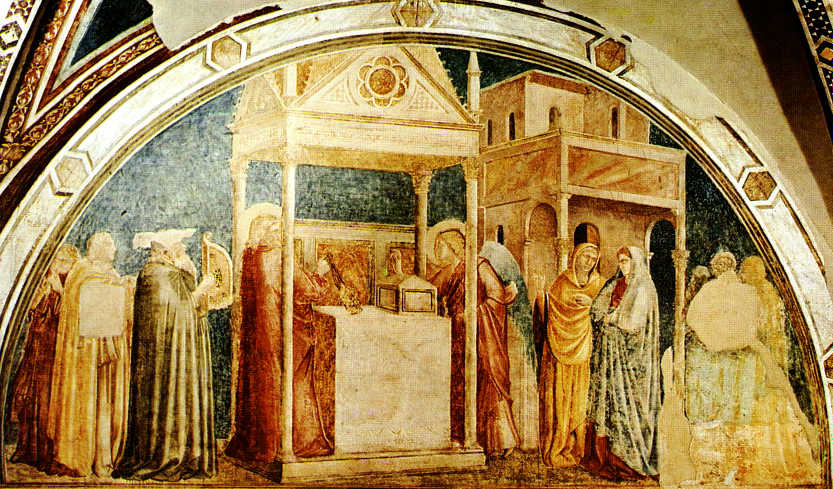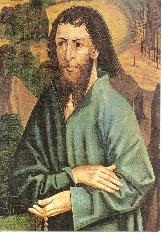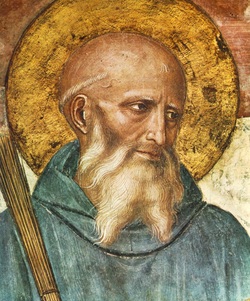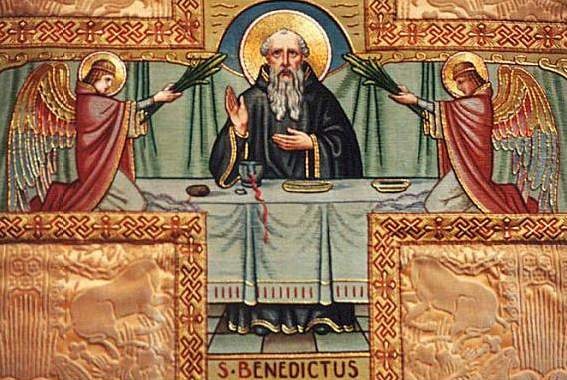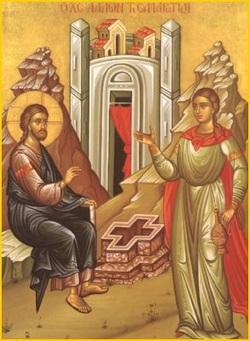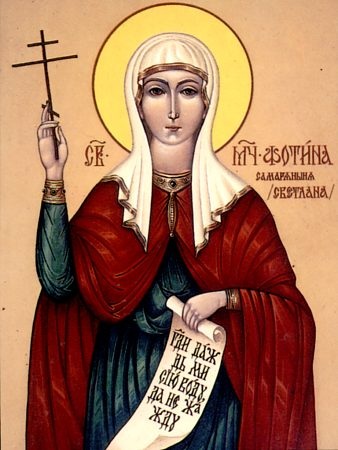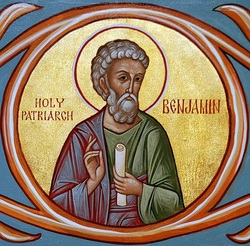
The very recital of the cruelties he exercised on the Christian strikes us with horror. Among the glorious champions of Christ was St. Benjamin, a deacon. The tyrant caused him to be beaten and imprisoned. He had lain a year in the dungeon, when an ambassador from the emperor obtained his release on condition that he should never speak to any of the courtiers about religion. The ambassador passed his word in his behalf that he would not; but Benjamin, who was a minister of the Gospel, declared that he should miss no opportunity of announcing Christ. The king, being informed that he still preached the Faith in his kingdom, ordered him to be apprehended, caused reeds to be run in between the nails and the flesh, both of his hands and feet, and to be thrust into other most tender parts, and drawn out again, and this to be frequently repeated with violence. Lastly, a knotty stake was thrust into his bowels, to rend and tear them, in which torment he expired in the year 424.
